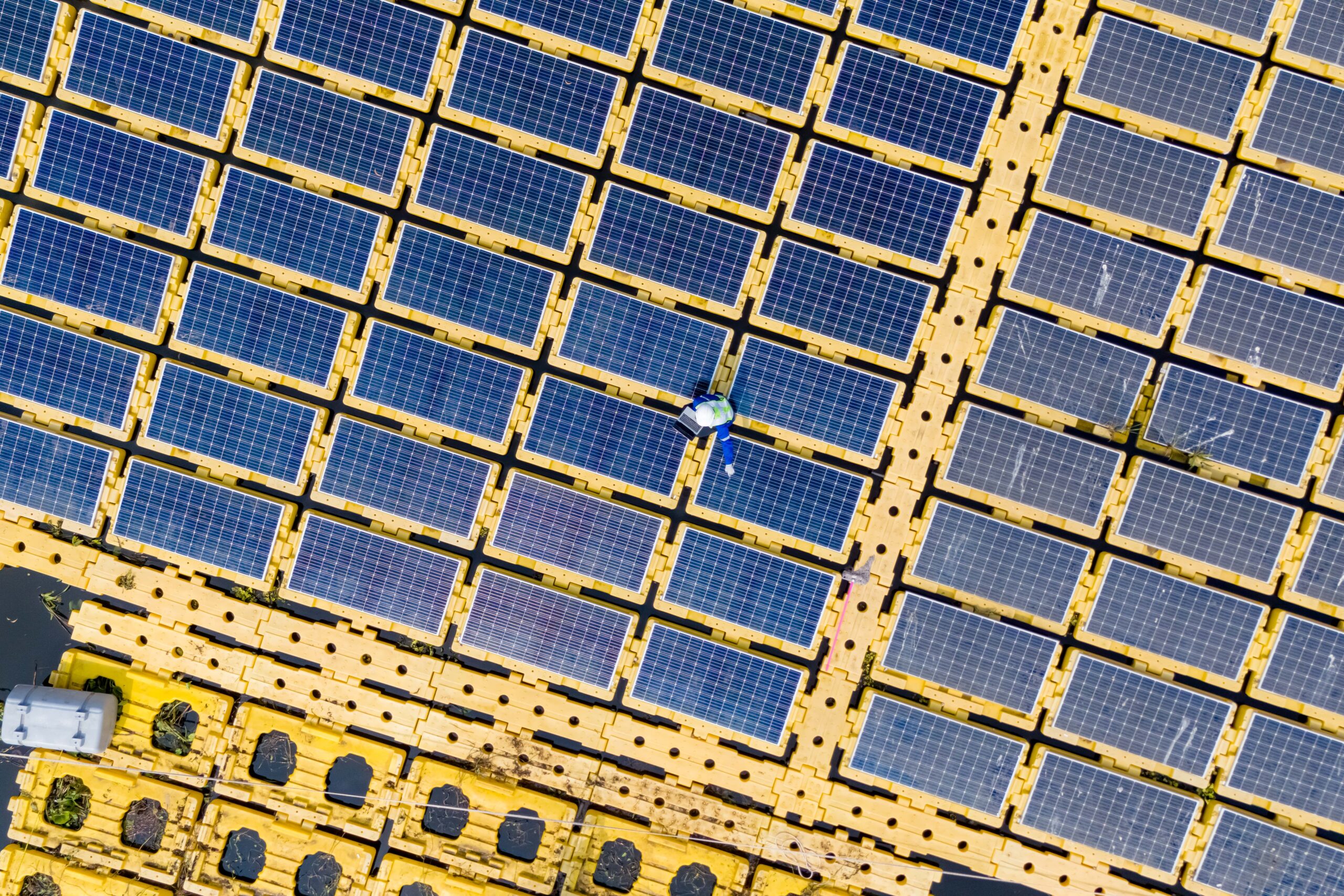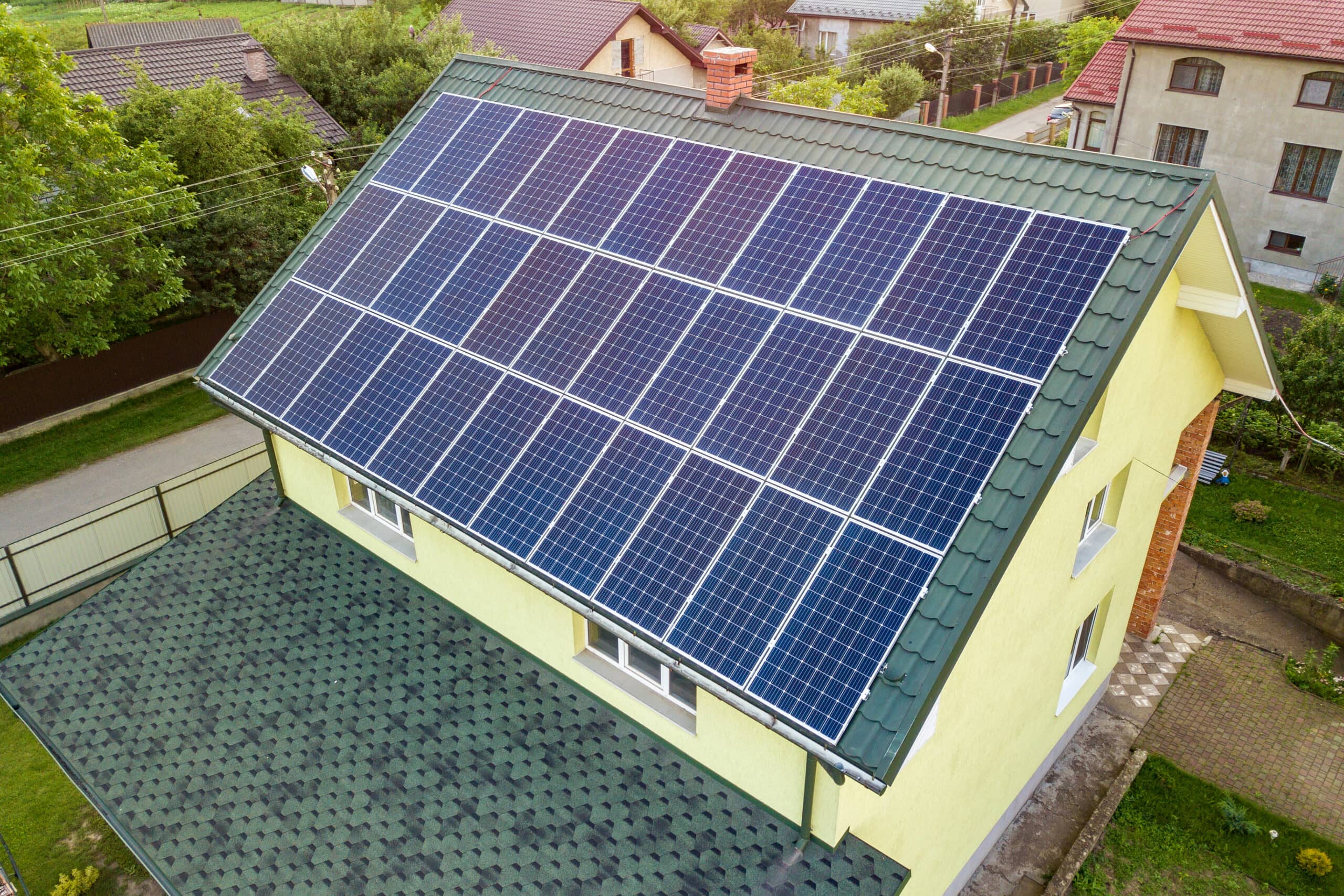As the world continues to prioritize clean and sustainable energy solutions, solar power grants have emerged as a crucial tool in promoting the adoption of solar energy. These grants encourage individuals and businesses to embrace solar power and provide financial support to make it more accessible for all. This article will delve into the world of solar power grants, focusing on Canada. We will explore the different types of grants available and provide valuable insights on how to qualify for them. So, let’s dive in and uncover the opportunities that await in the realm of solar power grants!
Types of Solar Power Grants Available Canada
Now, let’s explore the types of solar power grants available in Canada. There are federal grants like the ecoENERGY for Renewable Power Program, which provides financial incentives for renewable energy initiatives. Additionally, provinces and territories offer grants, such as the Alberta Municipal Solar Program, the Ontario Solar for Schools Program, and SolarHomes Rebates in Nova Scotia.
These are just a few examples, but plenty more federal, provincial, and even local grants are available. It’s exciting to see the support of all various levels of government for solar power initiatives!
Eligibility Criteria for Solar Power Grants
Let’s discuss the eligibility criteria for accessing solar power grants in Canada. The requirements may vary depending on the specific grant program, but I’ll give you a general overview.
In Canada, eligibility for solar power grants can depend on factors such as residential or commercial status, location, income level, and project size. For example, some grants may be available only to residential properties, while others may also be open to commercial and industrial buildings.
Specific grant programs may have additional criteria. For instance, the ecoENERGY for Renewable Power Program requires projects to have a minimum capacity and meet specific environmental and technical requirements. The PACE financing programs cover 100% of the upfront costs of property improvements that increase energy efficiency and/or generate renewable energy. Provincial grants may also have unique eligibility criteria, so it’s important to check the specific guidelines for each program.
Remember, these are just general guidelines. It’s crucial to review the specific requirements of each grant program you’re interested in. That way, you can ensure you meet all the eligibility criteria and increase your chances of securing a solar power grant.
Tips for a Successful Grant Application
Here are some practical tips and strategies for preparing a successful grant application for solar power grants in Canada:
1. Read and Understand the Guidelines: Carefully review the guidelines and requirements of the grant program you’re applying to. Make sure you understand the eligibility criteria, documentation needed, and any specific guidelines unique to the program.
2. Gather Necessary Documentation: Collect all the required documentation, such as proof of ownership, project plans, financial statements, and other supporting materials specified in the application guidelines. Having these ready in advance will help streamline the application process.
3. Plan and Meet Deadlines: Grant applications often have strict deadlines. Create a timeline and plan your application process to ensure you submit everything on time. Take your time!
4. Tailor Your Application: Customize your application to meet the specific requirements of the grant program. Highlight how your project aligns with the program’s goals and objectives. Be clear and concise in your responses, and provide all the necessary information requested.
5. Address Specific Grant Requirements: Your application should closely match any specific requirements mentioned in the application guidelines. For example, if the grant program emphasizes community involvement or environmental impact, make sure to address these aspects.
6. Proofread and Edit: Before submitting your application, proofread it thoroughly for any errors or inconsistencies. Ask someone else to review it as well to get a fresh perspective. A polished and error-free application demonstrates your professionalism and attention to detail.
7. Seek Professional Assistance if Needed: For clarification on any application process, seek guidance from professionals, such as grant writers or renewable energy consultants like Stanton Solar. They provide valuable insights and help you through the whole process with applications, and they guide you on every other thing you have to do yourself.
For clarification on any application process, seek guidance from professionals, such as grant writers or renewable energy consultants, like stanton solar. They can provide valuable insights and help you through the whole process, with applications and they guide you on every other thing you have to do yourself, craft a robust application.
8. Avoid Common Mistakes: Some common mistakes include submitting incomplete applications, disregarding specific requirements, or failing to provide necessary documentation. Double-check your application to ensure you have caught everything crucial.
Remember, each grant program may have unique requirements and evaluation criteria, so it’s essential to tailor your application accordingly.
Challenges and Common Misconceptions about Solar Power Grants
There are a few challenges and misconceptions about solar power grants in Canada that need to be addressed.
The challenge is that the rebates are decreasing. Due to high demand, there’s only a short window of opportunity, so acting quickly is crucial. These are the deals people talk about missing out on years later. Many Canadians regret not taking advantage three to four years ago when the rebate was significantly higher than today.
To overcome this challenge, it’s essential to research and apply for multiple grants. Applying early and staying updated on deadlines can also improve your chances.
Another challenge is the complex eligibility criteria. Each grant program has specific requirements related to income, project size, location, and technology.
To navigate eligibility complexities, carefully review the grant guidelines and don’t hesitate to contact us at Stanton Solar for assistance.
A common misconception is that grants cover the total cost of solar installations. In reality, grants only cover a portion of the total price, so be prepared to contribute your funds or explore other financing options.
By understanding these challenges and misconceptions, applicants can better navigate the grant application process and increase their chances of securing funding for solar projects.
Resources and Organizations That Can Help with Solar Power Grant Applications
Here are some resources, websites, and organizations that can provide guidance and support for applying for solar power grants in Canada:
1. Government Agencies:
- Natural Resources Canada: nrcan.gc.ca
- Canada Mortgage and Housing Corporation (CMHC): cmhc-schl.gc.ca
2. Non-Profit Organizations:
- CanSIA (Canadian Solar Industries Association): cansia.ca
- QUEST (Quality Urban Energy Systems of Tomorrow): questcanada.org
3. Industry Associations:
- Solar Energy Society of Canada (SESCI): solarenergysociety.ca
- CanSIA (Canadian Solar Industries Association): cansia.ca
4. Workshops, Webinars, and Training Programs:
Check the websites of the above organizations for any upcoming workshops, webinars, or training programs they may offer. They often provide valuable insights and guidance for grant applicants.
Explore these resources and contact them directly for the most up-to-date information and assistance.
Taking the First Step Towards Funding Your Clean Energy Dreams
It’s time to wrap up this article on qualifying for solar power grants in Canada. Here’s a quick summary of the key points we discussed:
- We explored various resources and organizations that can provide guidance and support for grant applications.
- Government agencies like DOE, EPA, Natural Resources Canada, and CMHC offer valuable information and assistance.
- Non-profit organizations such as SEIA, The Solar Foundation, CanSIA, and QUEST are excellent sources of support.
- Industry associations like ASES, NABCEP, SESCI, and CanSIA provide additional expertise and resources.
Now, it’s time for you to take the first step towards funding your clean energy dreams! Leverage the available resources, visit the websites, and look for workshops and webinars. By following the tips, you’ll be well on your way to applying for solar power grants.
Remember, clean energy initiatives are crucial for a sustainable future, and solar power grants are vital in making them accessible to a broader audience. Let’s make a positive impact together!






